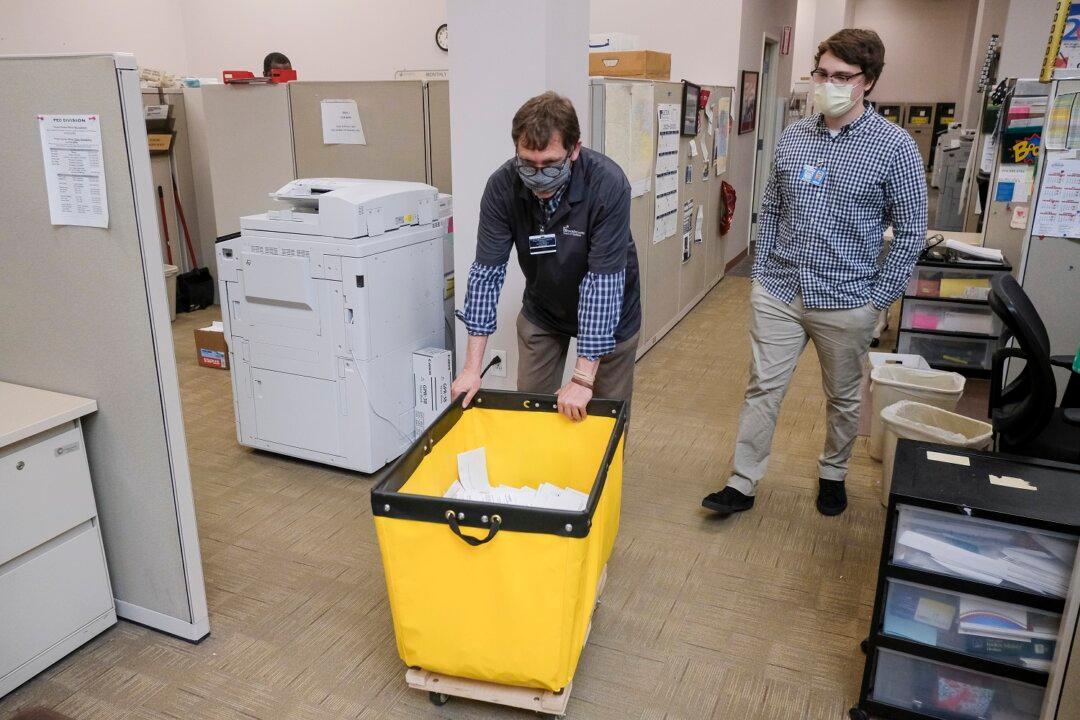Citing the current public health emergency, Democratic officials in Minnesota have decided to bypass a state law requiring absentee ballots to be accompanied by the signature of a witness, a move that critics say opens the door to voter fraud.
Removing the witness requirement for mail-in ballots is a goal in many recent lawsuits filed by Democrats and allied groups as part of a coordinated nationwide attack on laws enacted to protect electoral integrity.





